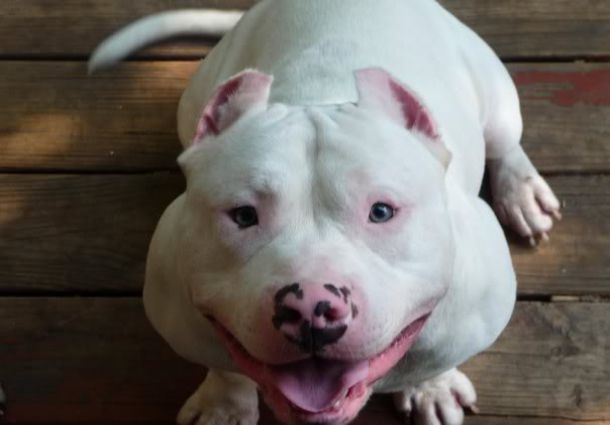“‘I love you!’
‘Esch!’ The skin of his throat red, his scar white.
‘I loved you!’
I hit his Adam’s apple with the V where my thumb and pointer finger cross. He chokes.
‘I loved you!’ This is Medea wielding the knife. This is Medea cutting. I rake my fingernails across his face, leave pink scratches that turn red, fill with blood” (Ward, 204).
This quotation is an apparent instance wherein Esch is directly compared to Medea. As Medea did after learning of Jason’s remarriage, Esch unleashes the full torrent of her fury, her frustration against Manny, his cold, callous responses and the burden he forced Esch to bear. The repeated exclamations of “I loved you!” indicate Esch prior enthrallment with Manny; her love, very much alive and fiery, explodes–converting in a second–fueling her assault. Her love, unreturned and unacknowledged as it is, builds throughout the narrative, and like Medea she strikes–or perhaps like China. This scene, in particular, exemplifies the connections between Medea and Esch emotionally. They are, at first, utterly in love, then they turn to anger and violence when their proffered love is waved away–Medea, when Jason remarries and Esch, when Manny continues to ignore her. Perhaps the greatest difference between the two situations is that Esch seeks to hurt Manny directly whereas, Medea kills Jason’s new bride; the level of violence is also an obvious difference.
This painting, by Jean-François Detroy (who lived from 1679-1752), is officially called Jason Swearing Eternal Affection to Medea. It was made from 1742 to 1743 and is oil paint on canvas. This painting is one of seven made by Detroy about the Jason. It currently hangs in the National Gallery in London.
This white pitbull–obviously representing China–connotes power, strength and assurance. Esch, having weathered the brutal might of Katrina is finally prepared to embrace motherhood. Supported by the ‘many fathers that her baby will have,’ Esch is ready to attain all of the power that motherhood gives–and has given both to China and Katrina. At the very end of the narrative, Esch remarks, “China will bark and call me sister...She will know that I am a mother” (Ward, 258). It is fitting that the novel begins with China becoming a mother and ends with Esch becoming a mother. I think that Esch's overarching development was to become similar to China. Ward makes many comparisons between the two strong female characters. Esch says, "I am on him like China," (203) when she attacks Manny. Esch was mirroring China's attack against Kilo. China "claws at [Kilo] with her paws, her jaw wide, and tries to eat his eyes" (173).

I think it was interesting how you introduced the idea of difference between Esch and Medea on the topic of violence. I think you should go more in depth to explain your ideas on the violence itself.
ReplyDelete